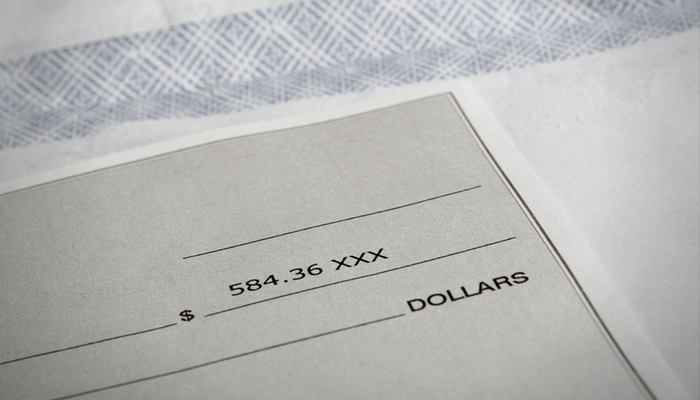Do you know how often you must pay your employees? Federal law does not directly address this issue for most employers. But state laws often do. This post describes the most prevalent New York pay frequency requirements for private employers.
New York’s payday laws do not apply to most public (governmental) employers. Many public employees are in unions and have collective bargaining agreements that dictate their pay frequency. While private-sector collective bargaining agreements often also address wage payment issues, they rarely trump state law.
When New York employers must pay employees depends on the nature of the employee’s work. Let’s look at each of the categories.
Manual Workers
New York’s labor law says that employers must pay “manual workers” weekly. More specifically, not later than seven calendar days after the end of the week in which the employee earned the wages.
The law defines “manual worker” to mean “a mechanic, workingman, or laborer.”
There is an exception for all non-profit organizations, who must pay manual workers at least semi-monthly. The New York Commissioner of Labor can also authorize an exception in the case of for-profit companies with at least 1,000 employees in the state, permitting them to pay manual workers no less frequently than semi-monthly.
Commissioned Salespersons
Employers must have a written compensation plan for all “commissioned salesmen” in New York. Then an employer must pay each commissioned salesperson at least once per month, usually by the last day of the month following the month in which they were earned. If there are substantial recurring monthly wages, then the employer need not pay all forms of compensation on a monthly basis. Certain additional compensation can be paid less frequently than monthly, as set forth in the compensation plan.
The law defines “commission salesman” to mean “any employee whose principal activity is the selling of any goods, wares, merchandise, services, real estate, securities, insurance or any article or thing and whose earnings are based in whole or in part on commissions.” This does not include employees whose principal activity is supervisory, managerial, executive, or administrative in nature.
Other Workers
The labor law requires employers to pay “clerical and other workers” not less frequently than semi-monthly. The employer must pay these employees “in accordance with the agreed terms of employment.” It must also designate regular paydays in advance.
The law defines “clerical and other worker” to mean all employees not included as manual workers, commissioned salespersons, or railroad workers. It also does not include employees who work in an qualified executive, administrative or professional capacity who earn more than $900 per week.
There are also special rules for payment of “railroad workers”.
Final Pay Check
When an employee’s employment ends, the employer must pay all wages earned by the next regular payday for the pay period during which the employment ended.
Sometimes the employer cannot determine the final compensation by that time period. For example, commissions or bonuses may depend on ongoing projects. In these cases, the employer must determine when the compensation will be earned and then pay by the applicable payday.
Review Your Pay Practices
Now is a good time to make sure your company is complying with the New York pay frequency rules. While you’re at it, you should also review these related topics especially for New York employers:
Make sure you also sign up for my free email newsletter to receive monthly updates and best practice tips!
